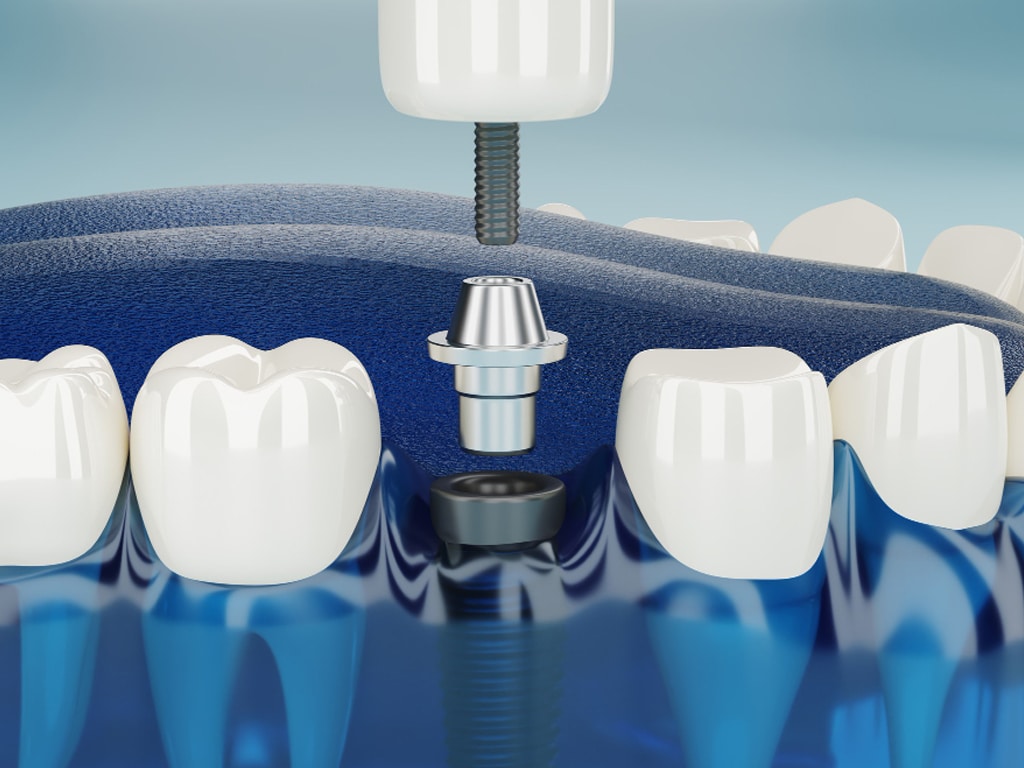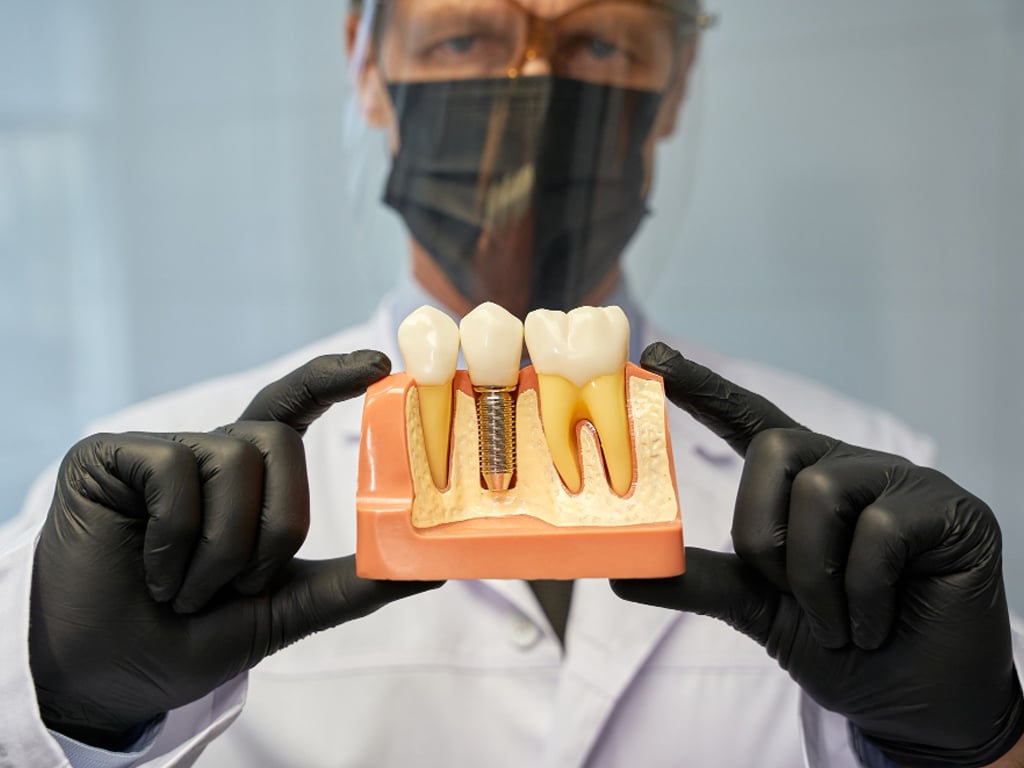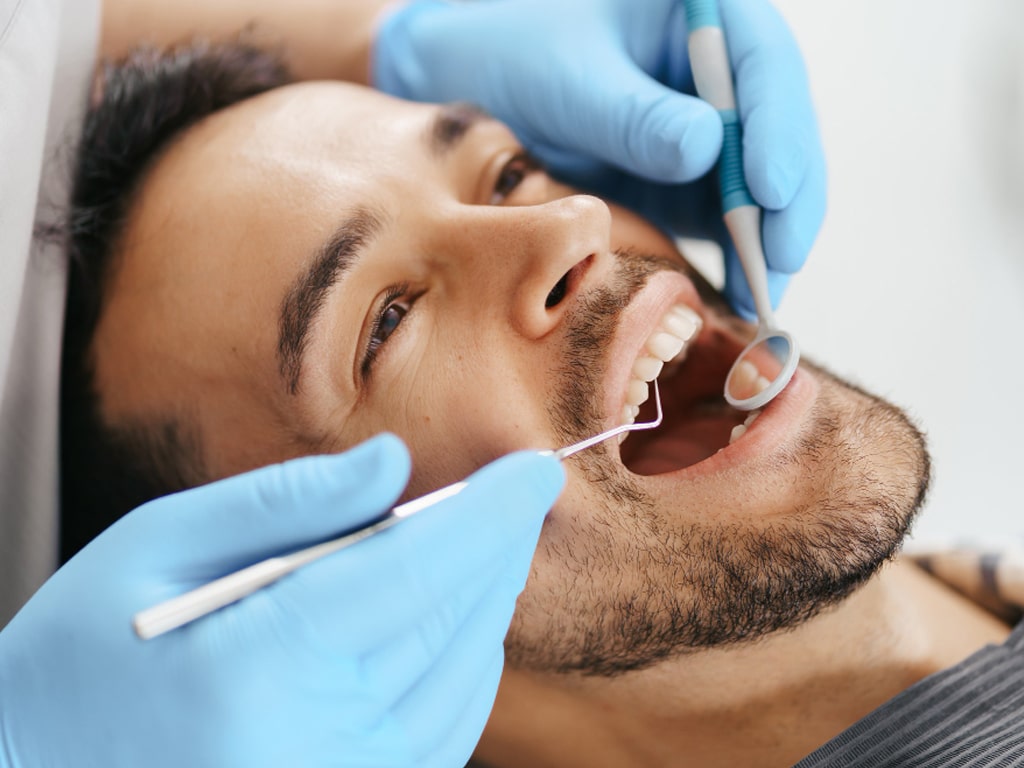A chipped or broken tooth can be a concerning experience, causing pain, discomfort, and affecting your smile. Whether it happens due to a fall, a sports injury, or biting down on something hard, a broken or chipped tooth is considered a dental emergency. Prompt action is crucial to minimize the risk of further damage, infection, and potential tooth loss. This article explores the different types of broken or chipped teeth, the signs and symptoms of a dental emergency, and the emergency dental care options available in Ottawa.
Don’t Let a Broken Smile Hold You Back: Navigating Emergency Dental Care in Ottawa
Living in a bustling city like Ottawa, accidents can happen anytime. If you experience a chipped or broken tooth, knowing the right steps to take can make a significant difference. This article equips you with valuable information to navigate emergency dental care in Ottawa and ensure a speedy recovery for your smile.
10 Key Points on Emergency Dental Care for Broken or Chipped Teeth in Ottawa:
-
Recognizing the Signs of a Dental Emergency:
- Pain: Whether sharp, throbbing, or dull, any pain associated with a broken or chipped tooth should be addressed promptly.
- Bleeding: Minor bleeding from the gums around the broken tooth might occur. However, excessive bleeding requires immediate professional attention.
- Sensitivity: Increased sensitivity to hot and cold foods or drinks is a common symptom after a tooth fracture.
- Difficulty Chewing: Depending on the location and severity of the break, chewing might be uncomfortable or even impossible.
- Loose Tooth: If the tooth feels loose and wobbly, it’s crucial to seek immediate care to prevent tooth loss.
-
Taking Immediate Action:
- Stop Bleeding: If there’s bleeding, apply gentle pressure to the gums with a clean gauze pad or cloth.
- Clean the Area: Gently rinse your mouth with warm salt water to remove any debris from the broken tooth.
- Reduce Swelling: Apply a cold compress to the outside of your cheek to manage any swelling.
- Do Not:
- Don’t apply heat: This can worsen inflammation and pain.
- Don’t chew on hard objects: This can further damage the tooth and surrounding tissues.
- Don’t use over-the-counter pain medication: While it might provide temporary relief, it won’t address the underlying issue.
-
Finding an Emergency Dentist in Ottawa:
- Several dental clinics in Ottawa offer emergency dental services.
- Call your regular dentist’s office: They may be able to accommodate you or provide you with a referral to an emergency dentist.
- Search online directories: Websites like the Canadian Dental Association (CDA) or the Ontario Dental Association (ODA) have listings for emergency dentists in Ottawa.
- Ottawa Hospital Dental Clinic: This clinic offers emergency dental services as part of the Ottawa Hospital. Call ahead to confirm availability – (613) 737-8899 ext. 7377.
-
The Importance of a Dental Exam:
- During the initial examination, the dentist will assess the extent of the damage to the tooth, including any cracks, fractures, or nerve involvement.
- X-rays might be necessary to determine the root cause of the break and assess the health of the tooth root.
-
Treatment Options for Broken or Chipped Teeth:
- Bonding: For minor chips, the dentist can use a tooth-colored resin to repair the chipped area. This procedure is relatively quick and painless.
- Veneers: For larger chips or cracks, a porcelain veneer can be placed on the front surface of the tooth to restore its shape and appearance.
- Crowns: For more severe fractures or if the tooth structure is significantly compromised, a crown may be necessary to restore the tooth’s functionality and protect it from further damage. Root canal therapy might be required before placing a crown if the pulp (nerve and blood vessels) is damaged.
- Extraction: In rare cases, if the tooth is severely damaged or infected beyond repair, extraction may be the only option.
-
Cost Considerations for Emergency Dental Care:
- The cost of emergency dental care for a chipped or broken tooth can vary depending on the severity of the damage, the treatment required, and your dental insurance coverage.
- Many dental insurance plans cover emergency dental services, but coverage and limitations may apply. Contact your insurance provider to understand your specific plan details.
- Several dental clinics offer payment plans or financing options to help manage the cost of emergency dental care.
-
Pain Management and Relief:
- Over-the-counter pain relievers: Medications like ibuprofen or naproxen can help manage mild to moderate pain and inflammation associated with a broken or chipped tooth.
- Prescription pain medication: In cases of severe pain, your dentist might prescribe stronger pain relievers.
- Cold compresses: Applying a cold compress to the affected area can help reduce swelling and numb the pain temporarily.
-
Preventing Future Dental Emergencies:
- Wear a mouthguard: Engaging in sports or activities with a high risk of dental injury necessitates wearing a custom-fitted mouthguard to protect your teeth.
- Regular dental checkups: Routine dental examinations allow your dentist to identify potential issues early on and prevent them from escalating into emergencies.
- Avoid biting hard objects: Resist the temptation to use your teeth as tools to open packages or bite into hard objects.
-
The Importance of Follow-Up Care:
- After the initial emergency treatment, your dentist might recommend follow-up appointments to monitor the tooth’s healing process and address any potential complications.
- Adhering to post-treatment instructions provided by your dentist is crucial for a successful recovery.
- If you experience any worsening symptoms or changes in the tooth’s condition, contact your dentist immediately.
-
Choosing the Right Dentist in Ottawa
-
Selecting the right dentist or oral surgeon is a critical step in ensuring the success of your dental implant procedure.
- Experience and Credentials: Look for a dentist with extensive experience and specialized training in implant dentistry.
- Suggestion: Ask about the dentist’s qualifications, including their training in implantology and the number of successful implants they have placed.
- Patient Reviews: Reading reviews and testimonials from previous patients can provide insight into the quality of care you can expect.
- Suggestion: Look for reviews that specifically mention the dentist’s expertise with implants and the overall patient experience.
- Technology and Facilities: Choose a dental clinic equipped with the latest technology and facilities for implant procedures.
- Suggestion: A clinic that offers 3D imaging and digital planning tools is likely to provide more precise and successful outcomes.
-
Conclusion:
Experiencing a broken or chipped tooth can be distressing, but prompt action and professional dental care can effectively address the issue. By recognizing the signs of a dental emergency, seeking immediate attention, and following preventive measures, you can safeguard your oral health and maintain a beautiful smile. Remember, a timely response to a dental emergency can save your tooth and prevent further complications.
If you’re facing a dental emergency in Ottawa, don’t hesitate to contact Findlay Creek Family Dental. Our experienced team is dedicated to providing compassionate and effective emergency dental care.
Name: Findlay Creek Family Dental
Address: 4100 Albion Road, Ottawa, ON
Phone: 613-822-1500
Email: info@findlaycreekfamilydental.com
Website: Findlay Creek Family Dental.
“Your smile, our priority.”
FAQ
-
A1: While temporary measures like using dental wax or over-the-counter dental repair kits might provide temporary relief, it’s essential to seek professional dental care for a permanent and proper solution.





